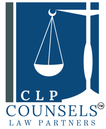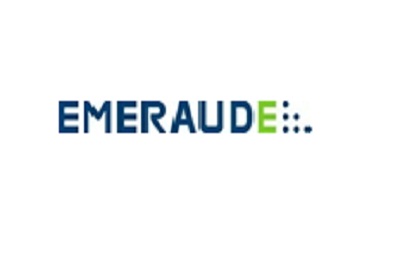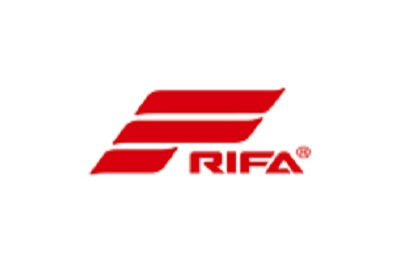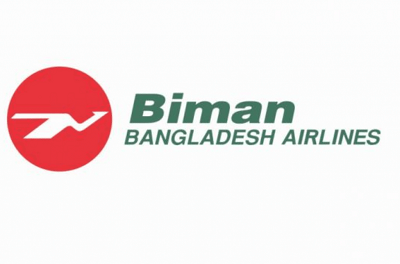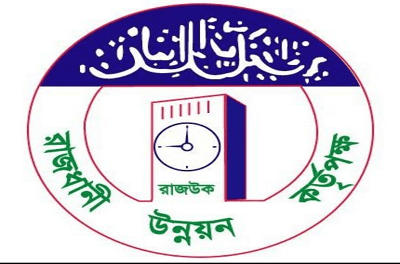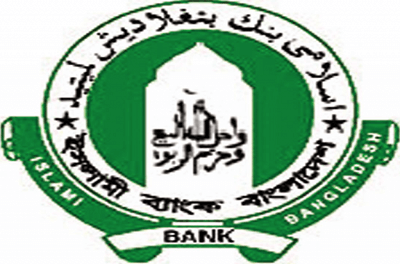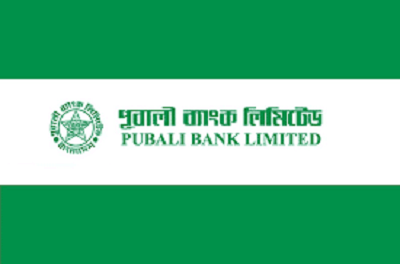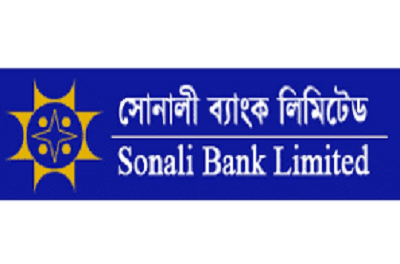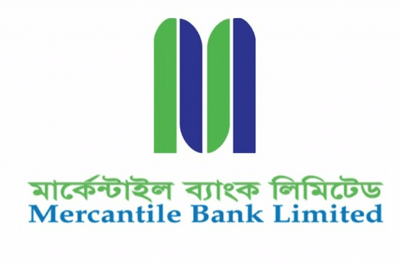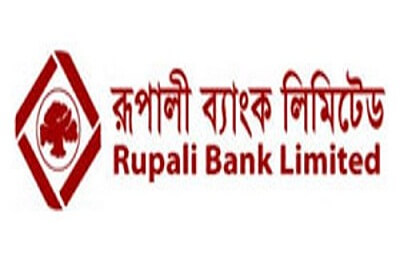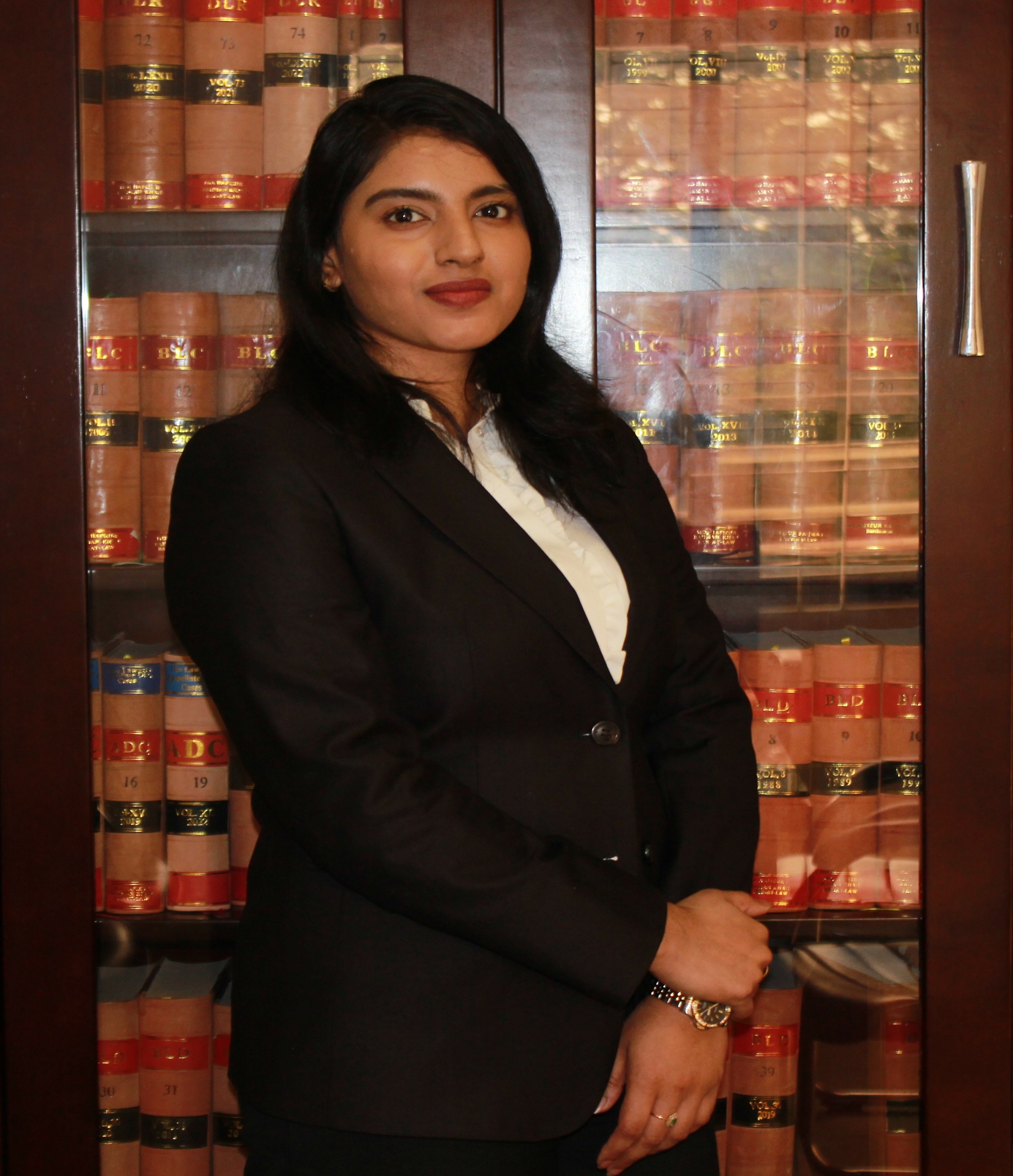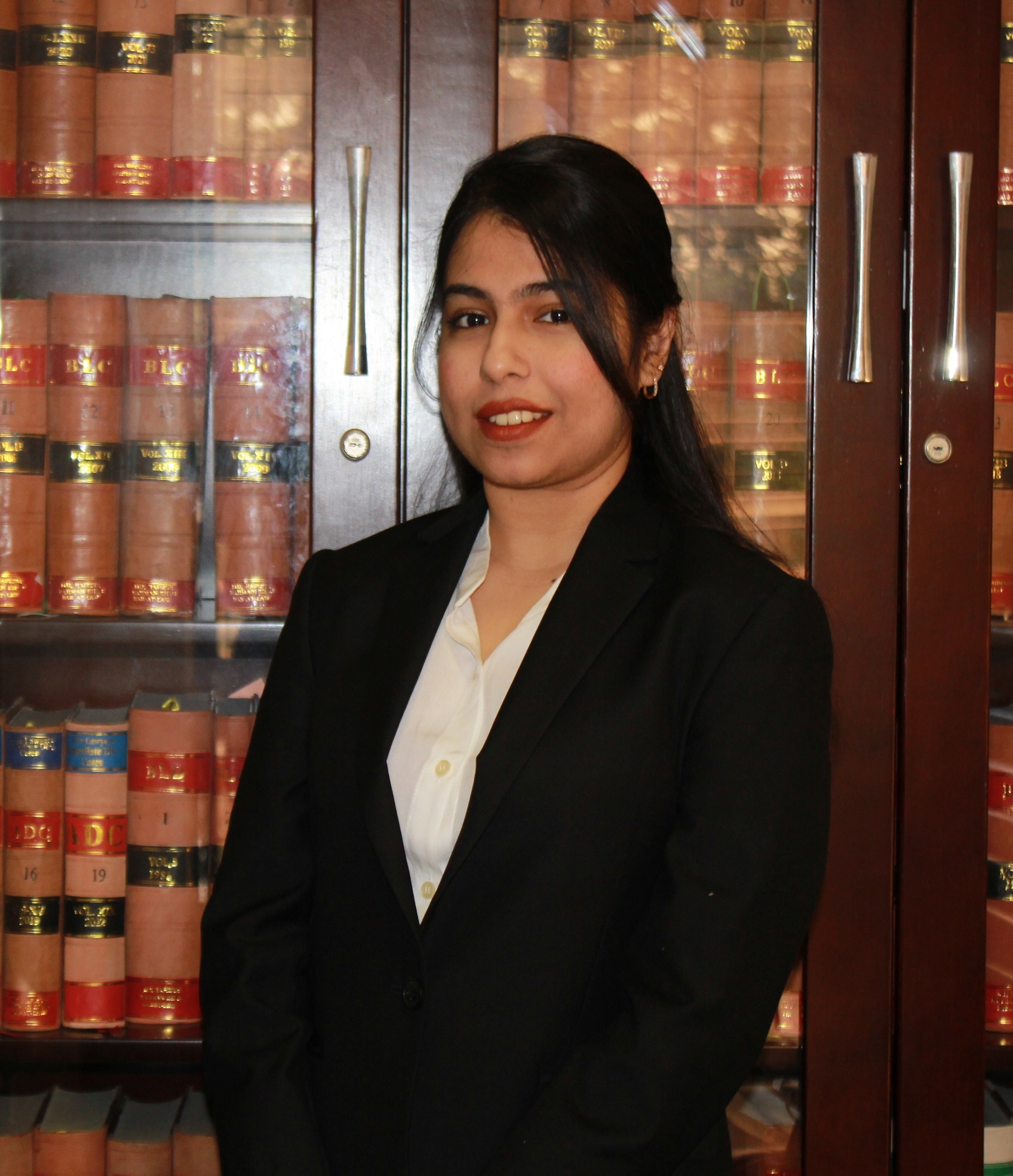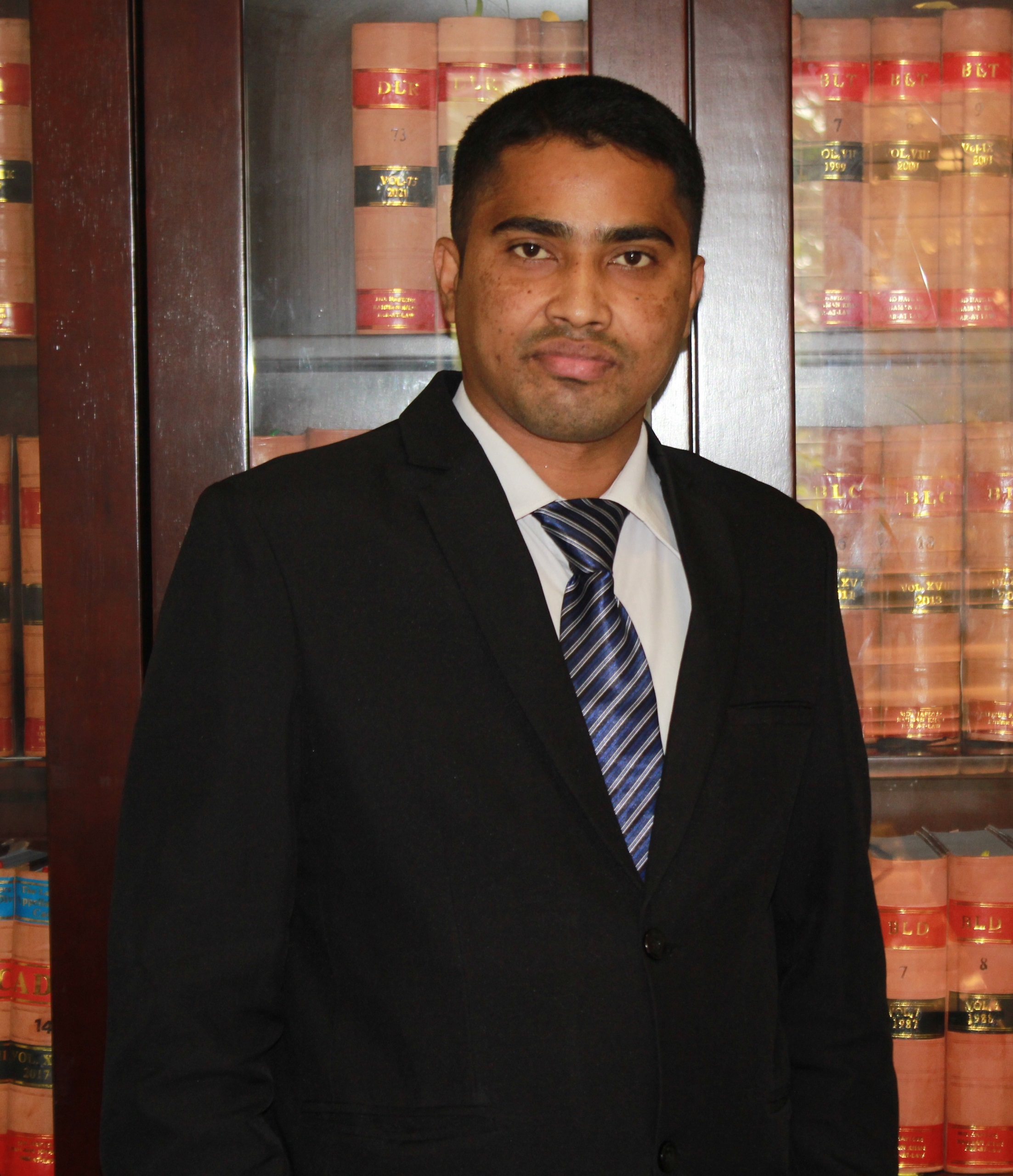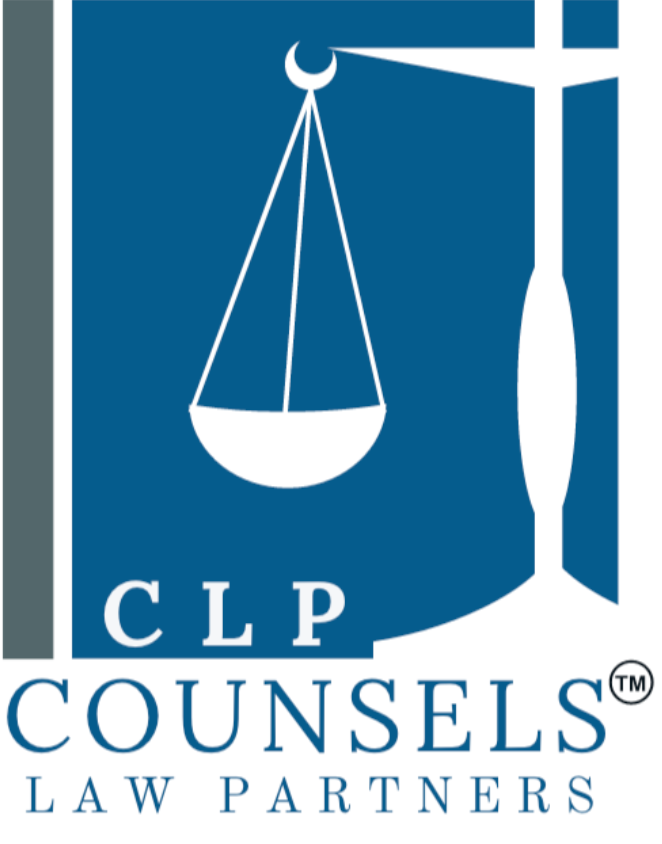
Best Law Firm in Dhaka, Bangladesh.
“Your Legal Justice Is Our Priority”
Why Choose Us?
Counsels Law Partners (CLP) is a full-service best law firm in Dhaka, Bangladesh. Clp providing the best legal services to its national and international clients. CLP has its presence throughout Bangladesh by serving its clients in Dhaka, Chittagong, and Sylhet. The Head Office of CLP is situated in Gulshan, the commercial hub of Dhaka. The legal team of CLP consists of UK trained Barristers, Advocates & Legal Consultants who share among themselves decade’s worth of experience and knowledge. The lawyers of CLP are highly experienced in areas of Corporate and Commercial, Admiralty, Taxation, Property, Family, Employment, Immigration, Arbitration, etc. The lawyers of CLP are providing the best legal services to its clients for more than 15 years.
At CLP the Partners & Associates work closely as a team to get the best outcome for its Clients. CLP has a large team of lawyers who are experts in different fields. CLP has experts at company law, experts at family law, experts at labor law, experts at litigation, arbitration, experts at banking law, experts at the admiralty, experts at property law, experts at land law, divorce law and etc. The firm is known for providing a broad range of legal services to meet the needs of its diverse client base. Due to its diverse areas of practice, CLP is considered to be one of the best law firms in Dhaka, Bangladesh as well as a top law firm in Dhaka, Bangladesh. This leading law firm charges a reasonable and proportionate cost for the legal service. Most importantly, it never discriminates between clients on the basis of religion, caste, color, ethnicity, gender, profession, nationality, etc. It is our competence in the legal field that makes CLP one of the top law firms in Bangladesh.
Our International Clients
Our Local Clients
Our Attorneys
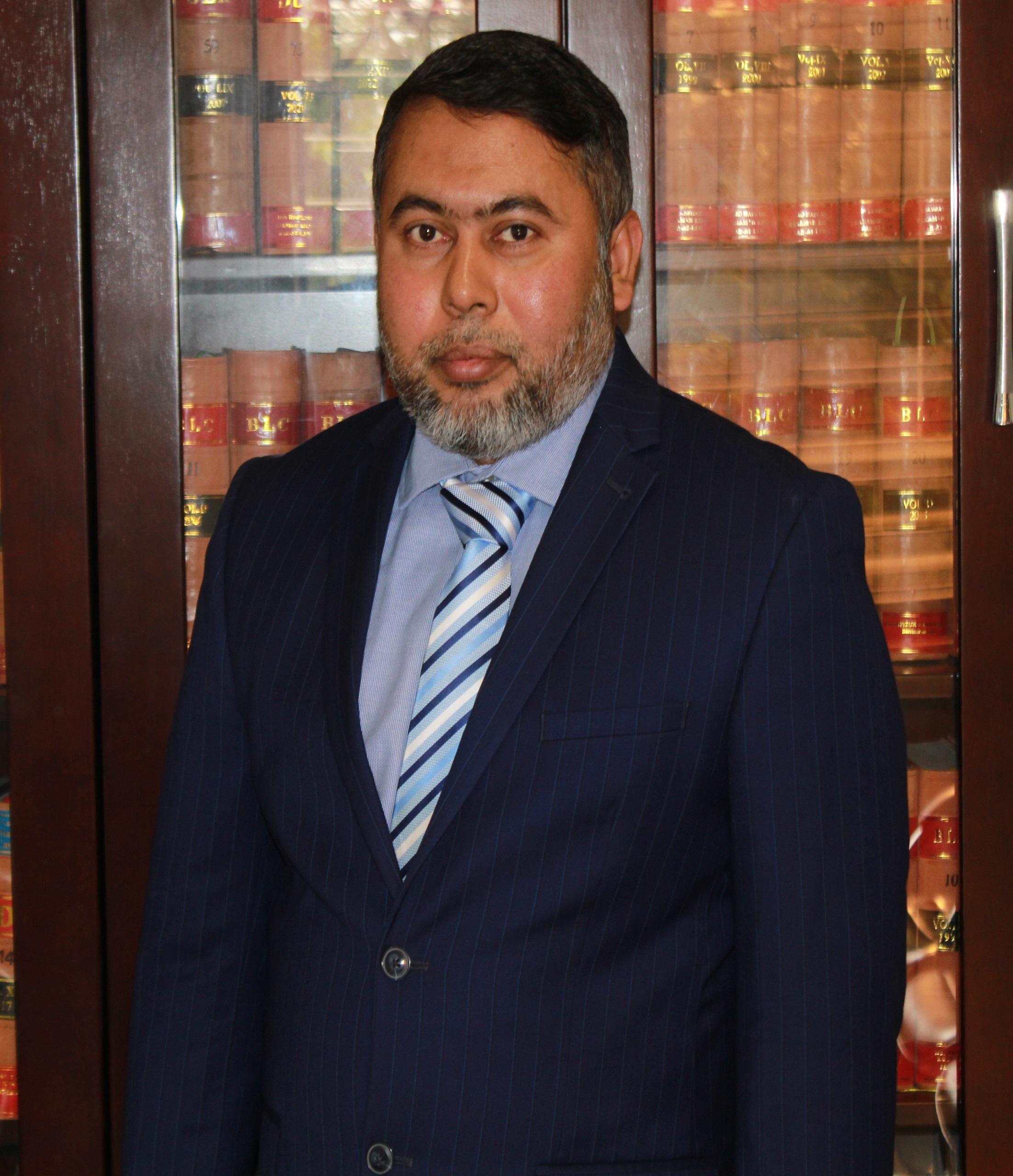
Barrister Md Hafizur Rahaman Khan
Managing Partner
Mr. Hafizur Rahaman Khan is a practicing advocate of the Supreme Court of Bangladesh having 16 years of experience in the legal field. Mr. Khan is also a Barrister of the Honourable Society of Middle Temple Inn, UK. In addition, he is the founder of Counsels Law Partners (CLP) and is also the Head of Chambers of CLP.
Mr. Khan is one of the top-notch lawyers of Bangladesh. His practice focuses on Company matters, Civil matters, Arbitration, Litigation Labour and Employment, Banking and Finance, Corporate and Commercial law, Admiralty and Maritime, Taxation, Aviation, Family matter, Writ and High Court matters, Project Finance, FDI and Energy, Merger and Acquisition, etc.
Over time, Mr. Khan has reached the highest point of success as a well-known Barrister, and Advocate in Bangladesh. Moreover, Mr. Khan is known for his excellent dealings with local and international clients including many High Profile clients. Mr. Khan always prioritizes in giving the best advice and service to his clients while maintaining confidentiality.
Kamrul Hasan
Advocate
Senior Associate & Coordinator
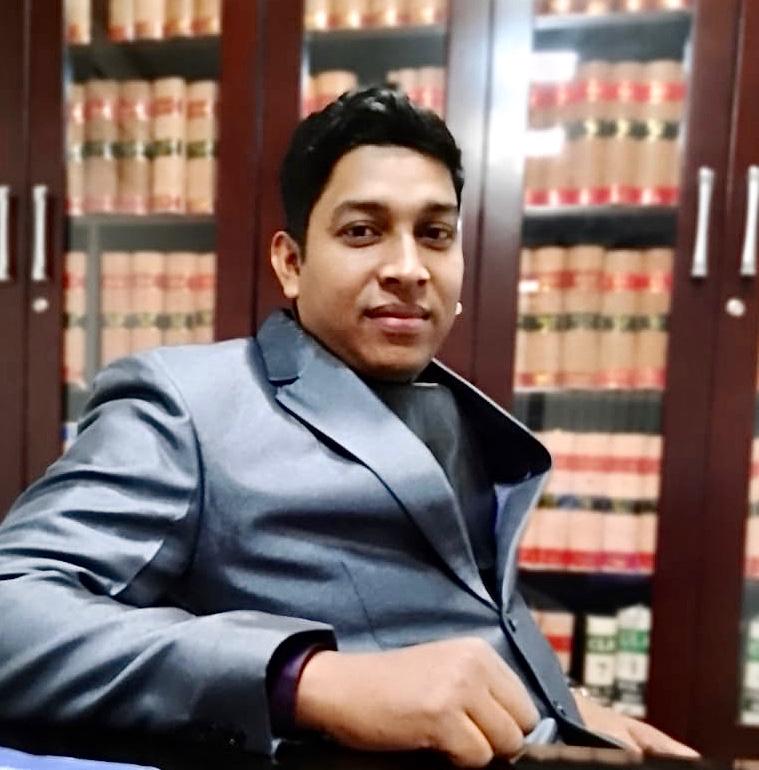
Abdullah Al Faruk
Senior Associate
Advocate

Md. Azim Hussain
Associate
Our Clients Feedback
The best law firm in Dhaka, Bangladesh CLP was formed by a group of committed and experienced British trained Barristers & Advocates with an aim to deliver affordable and effective legal services to the masses. The lawyers here have extensive experience in the legal arena and they have all been exposed to the elements of different practice areas which gave CLP the strength it needed in its early days to grow and prosper. Here are some of our clients feedback about counsels law partners.
Frequently Asked Questions
Company law of Bangladesh
Should you register your partnership business?
A partnership business is not compulsory to register but it is advisable to register a partnership business. According to section 69 of the Partnership Act, 1932.
Permitted Activity of Liaison office
Maintain liaison/ coordination between principal and local agents, distributors/exporters’ institutions through correspondences, personal contracts and other electronic media. Collect, compile analyze and disseminate business information related to its field of activities as mentioned in the approval letter.
What is Name Clearance?
This is a pre-requisite for registration of a new company (other than Foreign Company and Partnership firms) or a society or a trade organization.
Promoters of a new entity (company, society, or trade organization) apply for, and RJSC provides name clearance for one of the proposed names upon satisfaction that it does not closely match or resembles any of the already taken names (registered, booked or under the process of registration of the same entity type)
What is Returns filing?
Registered entities are to file returns in prescribed forms & schedules, and RJSC upon satisfaction approves and archives such records. There are two (2) types of returns, viz., ‘Annual Returns’ and ‘Returns for any Change in the Entity’
What is Issuance of Certified copies?
Anyone can apply for certified copy of record(s) of an entity. In response to any such application and after getting requisite payment, RJSC issues certified copy of the historical records of an entity. Profit & loss account is however open to only authorized personnel of the respective entity.
What is Winding Up?
A company having resolved to or the court makes an order or Memorandum & Articles of Association provide so for winding up of the company, submits to RJSC documents of winding up procedures and dissolution.
What is Struck off?
RJSC strikes off the Register a company’s name if it is not in operation any more
How can I submit applications or returns?
RJSC Computerized Application facilitates online submission of application/returns (through internet). If a RJSC client does not have access to internet (web),s/he may submit applications/returns of the following two(2) ways:
- Using kiosks facility at RJSC (also an ‘Online Submission’) or
- Manual Submission at RJSC counter
What Documents are required for registration of Private limited company?
1. Memorandum & Articles of Association, original + 2 copies
2. Declaration on Registration of Company
3. Address of Registered Office and of Any Change therein
4. Consent of Director to act
5. List of Persons Consenting to be Directors
6. Particulars of the Directors, Manager and Managing Agents and of any change therein
7. Evidence of Name Clearance.
8. Special Adhesive Stamps and Treasury Challan from Bangladesh Bank to Treasury (photocopy) of Collecting the Stamps
What Documents are required for registration of Public limited company?
1. Memorandum & Articles of Association, original + 2 copies
2. Declaration on Registration of Company
3. Address of Registered Office and of any change therein
4. Consents of Directors to Act
5. List of Persons Consenting to be Directors
6. Particulars of the Directors, Manager and Managing Agents and of any Change therein
7. Declaration before Commencing Business in case of Company Filing Statement in lieu of Prospectus
8. Agreement to Take Qualification Shares in Proposed Company (if necessary)
9. Evidence of Name Clearance
10. Special Adhesive Stamps and Treasury Challan from Bangladesh Bank to Treasury (photocopy) of Collecting the Stamps
What Documents are required for registration of foreign company?
1. Charter or Statutes or Memorandum and Articles of the Company or Other Instrument Constituting or Defining the Constitution of the Company.
2. Address of the Registered or Principal Of fice of the Company.
3. List of Directors and Managers
4. Return of Persons Authorized to Accept Service
5. Notice of Situation of the Principal Place of Business in Bangladesh or of any Change therein
6. Encashment Certificate Obtained From any Scheduled Bank.
7. Permission from Board of Investment of Bangladesh.
What Documents are required for registration of Trade Organization under Companies Act, 1994?
1. Memorandum and Articles of Association, original + 2 copies.
2. Declaration on Registration of Company
3. Address of Registered Office and of any Change therein
4. Consent of Director to act
5. List of Persons Consenting to be Directors
6. Particulars of the Directors, Manager and Managing Agents and of any change therein
7. Government License (Trade License from the Ministry of Commerce).
8. Evidence of Name Clearance.
9. Special adhesive stamps and Treasury Challan from Bangladesh Bank to Treasury (photocopy) of Collecting the Stamps.
What Documents are required for registration of Society under Societies Registration Act, 1860
1.Memorandum of Association
2.Evidence of Name Clearance.
What Documents are required for registration Partnership firm under Partnership Act, 1932?
1.Statement Containing the Particulars of the Firm for Registration.
2.Deed of Agreement on Partnership.
What is Name Clearance?
This is a pre-requisite for registration of a new company (other than Foreign Company and Partnership firms) or a society or a trade organization.
Promoters of a new entity (company, society, or trade organization) apply for, and RJSC provides name clearance for one of the proposed names upon satisfaction that it does not closely match or resembles any of the already taken names (registered, booked or under the process of registration of the same entity type)
Family Laws of Bangladesh
The Legal Process for obtaining a divorce in Bangladesh?
Divorce in Bangladesh can be given in two ways. One is mutual divorce which is allowed under section 8 of The Muslim Family Laws Ordinance, 1961 and the other is one sided divorce. One sided divorce can be from either the husband or the wife.
Mutual Divorce procedure ?
Mutual divorce is basically both parties entering an agreement regarding the divorce and the effect of divorce. For example agreement is reached regarding custody of child, maintenance, dower etc.
In case of mutual divorce since both the parties are aware of the divorce, notice is not required. No party will have any right over each other after mutual divorce. Mutual divorce certificate is usually issued within 3 to 5 working days.
How can women divorce her husband in Bangladesh?
The divorce process in Bangladesh is very simple. A notice of divorce will be sent to the husband and the concerned city corporation by registered post. After receiving the notice City Corporation will issue 3 notices in 3 months time period for amenable settlement between the parties. And during this 3months times the wife will maintain Iddah period. During Iddah period a woman cannot remarry.
After 3 months of receiving the notice, City Corporation will issue an order sheet regarding divorce. Then the Marriage and Divorce registrar will issue the divorce certificate.
Can women get their dower money if they give divorce?
Divorce has nothing to do with getting dower money. Women are always entitled to get the dower money irrespective of who is giving the divorce as dower is the right of the women. However, if consummation has not taken place between husband and wife then the wife is entitled to half the settled dower. Nevertheless, it is very difficult to prove that consummation has not taken place between husband and wife.
What happens if either party does not receive notice of divorce?
As soon as the notice is sent to the last known address of the other party, the notice is deemed to be communicated. It does not matter if anyone of the party does not receive the notice of divorce.
What action can be taken if husband remarried without the consent of his current wife?
If a husband, while being married, procures a marriage of himself, it will be an offence under section 494 or 495 of the penal code and the second marriage will be void.
Can any action be taken after divorce against the other party?
The question often asked is that whether any action can be taken against the other party after getting divorce. The answer is no. But what is often done by parties after divorce is filing false case under The Dowry Prohibition Act 1980, Nari o shishu Nirjaton Damon Ain (Act xviii of 1995) or for non-payment of Dower.
Child custody after divorce
Under Islamic law Father is always the legal guardian of a child. However, custody is different from legal guardianship. Custodial guardianship decides who will have the physical custody of the child.
Generally, a mother gets the custody of a girl child until the girl reach puberty and for a boy child, a mother gets custody until he reaches 7years. However, after this time limit custody of child does not shift to the father automatically.
Getting custody of a child also depends on various facts, for instance, the age of the child, financial condition, family members of each party, if there are more people to take care of the child in the family etc.
Child maintenance
Even if the child is under the custody of the mother, the father needs to provide child maintenance and support depending on the expenditure of the child for instance schools fees, travel expenses, and other various expenses.
Maintenance of the wife
The wife is entitled to receive maintenance during the iddah period i.e 3 months after divorce. After the iddah period is over the husband is not bound to give maintenance to the wife.
Can I get a divorce from outside of Bangladesh?
The law is silent in this matter. However, as per section 7 of The Muslim Family Laws Ordinance, 1961, for divorce two notices are to be sent, one to the husband and the other to the relevant City Corporation. This can be done from outside Bangladesh. In addition, the divorce needs to be registered with the Qazi to keep it on record. This can only be done in the presence of the party giving the divorce. This is because the signature and finger print of the party is required. Therefore, divorce can be partially done from outside Bangladesh.
What actions can I take for sexual abuse?
For sexual abuse or violence a case can be filled under Nari-O-Shishu Nirjaton Daman Ain 2000. This act is very strict in terms of sexual violence is Bangladesh and provides utmost punish. All crimes under this act are non-bailable.
Under this act, complain can be filled in two ways. One way is by filling an FIR in the relevant police station which will be sent to the magistrate court and finally to the Nari-O-Shishu Nirjaton tribunal.
Another way of filing complain under this act is by filing a petition case to the Nari-O-Shishu Nirjaton tribunal. This is usually done when the relevant police station refuses to accept the complaint.
Property law of Bangladesh
Can foreigners own property in Bangladesh?
The major laws governing the ownership of movable and immovable properties, namely the Transfer of Property Act 1882 and the Registration Act 1908, contain no provisions that prohibit the ownership of properties by foreign individuals.
The Articles 13 & 42 of the Constitution of the Peoples Republic of Bangladesh, which defines the “principles of ownership” and the “rights to property”, respectively, clarify that all the citizens of Bangladesh shall have the “right to acquire, hold, transfer or otherwise dispose of property”. However even the constitution does not provide any provision which specifically prevent a foreigner from owning land or any other property in Bangladesh.
How can I register my land in Bangladesh?
Registration of land is compulsory under Section 17 of the Registration Act 1908. The instrument of transfer, unless it is a will, needs to be presented for the registration process within the next three months of its execution. The place for presenting the document for registration is in the office of the Sub-Registrar within whose Sub-district the whole or major portion of the property is situated. The presentation should be made by the person executing the document, a person claiming under him or an agent of the person executing the document
How do I check if my land is registered?
The first step of checking if your land is registered or not is to find the schedule of the land which includes particulars such as the corresponding District, Upazila, Mouza, Khatian, Dag No. etc. Then one must go to the Sub-registry office that has the territorial jurisdiction over the scheduled land and request a search report to find out whether there is any registered document regarding the said land or not. One can also go to the Assistant Commissioners Office to see if any documents have been submitted there for conducting a mutation on the land. This is important because the mutation procedure requires all the documents relating to the land, therefore would provide a definitive answer as to the question of whether the land has been registered or not.
How do I find out who owns a property in Bangladesh?
The most basic two ways of procuring ownership of land in Bangladesh is done in the following two ways – firstly, through a registered instrument (by way of sale, will and gift among others) and secondly, by way of inheritance. As for ownerships through registered documents, information regarding who owns the property can be found in the corresponding Sub-registry office, since the name of the owner is supposed to be registered there. In case of ownership by way of inheritance however, the name of the owner may not be present but the name of his predecessors should be enumerated in detail.
What is Khaitan?
Khatian basically translates to the “Record of Rights”. They are prepared through land surveys to determine the possession and ownership of land. Each Upazilla is divided into multiple plots called Mouza. Khatians are then prepared to divide further plots out of the Mouza to make more precise assessment of who possesses which plot.
What is Namjari?
Namraji refers to the mutation of the Record of Rights (Khatians) where the name of the new owner is updated over the previous one. Namjari or Mutation is essential to prove ones title to a property. Other than that, it is also important to create a holding for the purposes of paying ground rent in the name of the new owner.
Laws relating to Mutation in Bangladesh
The laws relating to Mutation in Bangladesh mainly include the chapter IV, which talks about the preparation of record of rights and chapter XVII, which talks about the maintenance and the revision of record of rights, of the State Acquisition & Tenancy Act 1950. There are also substantial provisions in the Tenancy Rules of 1954-1955 and many of the government circulars regarding the matter of mutation.
I have completed the mutation so I am the owner of the land, right?
Khatians are not bona fide proof of title, therefore the answer is no. As we have mentioned before, a khatian is simply a record of who has the physical possession of the land in concern, and possession alone is not sufficient proof of ownership in case of any property. My completing the mutation procedure, a person simply updates the record and in some cases opens ups a holding to pay rent.
The mutation khatian can prove ones title over a piece of land however, when it is accompanied by some other documents relating to the title such as the up to date ground rent receipts, the title deeds, bia deeds etc.
TAX, VAT & Company Compliances
Which documents shall have to be preserved in order to maintain accounts?
The following documents shall have to be preserved in order to maintain accounts, namely:
(i). Purchase Ledger Book
(ii). Sale ledger book
(iii). Tax invoice
(iv). Contractual output invoice
(v). Goods transfer invoice
(vi). Certificate of withholding tax at source
(vii). Credit note-debit note
(viii). Documents related to adjustment
(ix). Returns, etc
.
Which principles of account maintenance are followed by the new VAT system?
There are two methods or principles of account maintenance, namely:
(i). Cash based
(ii). Accrual based
There is no scope of arrear accounts in case of cash based principle of transaction. On the other hand, scope of account maintenance exists in accrual based transaction even without paying in cash. In business transactions arrear must be there, therefore, in all business concerns, accrual based methods or principles are followed. Hence, the new VAT law also follows the accrual based principle.
How long should I maintain documents related to VAT?
The VAT-related documents should be maintained for up to 5 years in order to facilitate the assessment of Tax.
What is Tax Invoice?
Tax invoice is the numerical series of documents comprising specified information and data of the supplier in respect of his taxable supply. Form VAT-6.3 shall be considered as the tax invoice. The tax invoice shall consist of the following information:
(i). Name of the purchaser
(ii). Invoice number
(iii). BIN number of the seller
(iv). BIN number of the purchaser (in applicable cases)
(v). Details of the supply
(vi). Quantity of the supply
(vii). Value
(viii). Tax involved
Whether any documents should be sent regularly to the VAT office?
No documents other than the Tax payer’s Return (form VAT-9.1 and 9.2) and purchase –sale information (form VAT-6.20) are required to be sent to the VAT office.
At which places Return can be furnished?
Return has to be furnished before the Commissioner. In order to furnish Return before the Commissioner, Return can be submitted at the following places:
(i). At online portal of the Board,
nbr.gov.bd(ii). At any convenient VAT Commissionerate or Departmental Office,
(iii). At any service centre as specified by the Board or the concerned Commissioner,
(iv). At any Fair conducted by the Board or the concerned Commissioner,
(v). At any other place as specified by order of the Board
What is the procedure of submitting VAT or Turnover Tax Return?
Within the 15th day of the following month of the tax period, a registered person shall furnish a VAT Return in form VAT-9.1 & a Turnover Tax Enlisted Person shall furnish Turnover Tax Return in form VAT-9.2, both before the Commission.
What is the procedure of submitting Return late?
Application has to be made before the Commissioner in form VAT-9.3 before a minimum of 7 (seven) days of expiry of the concerned Tax period. The Commissioner, within 7 (seven) days of receipt of the application, after due consideration, shall approve the application. But extension of time shall not be over 1 (one) month.
Who shall sign on the Return?
No signature is required on the Return if submitted online. But in case of submitting return manually, the Registered or Enlisted Person shall sign on the return. If, owing to any reason, it is not possible on his part to sign, authorized person on his behalf shall sign.
Can Return be submitted without paying Net Tax or paying the same in part?
For a certain Tax period, full, supplementary or late Return can be submitted, but partial payment shall not be tenable.
Is submitting Return mandatory for all?
Each Registered or Enlisted or fit to be registered or fit to be enlisted individual has to submit Return. It is a mandatory act.
What shall be the consequences of non submission of Return?
Non submission of Return is tantamount to failure or irregularity. According to the provisions of section 85, sub-section (2), Article (F) of the law, in case of non submission of Return a fine or take 10 (Ten) thousand can be imposed ; your institution shall be identified as a vulnerable institution and all activities including import, export shall be at risk.
How can I file Tax invoice?
According to the rules under the Value Added Tax and Supplementary Duty Rules 2016, the supplier shall issue tax invoices against each supply in Form VAT-6.3. The instructions to fill in Tax invoice must be followed in order to issue correct Tax invoice.
When Return has to be furnished?
For each Tax period, return has to be furnished within the 15th day of the following month after completion of the Tax period. If the 15th in a public holiday, the same should be furnished on the preceding day. It can be done 24/7 in case of furnishing online.
Other issues
What are the processes of national NGO registration?
National NGO can be registered under the following authorities:
- Department of Social Service: Registration from the Department of Social Services (DSS) , under the Ministry of Social Welfare. The registration has to be done under The Voluntary Social Welfare Agencies (Registration and Control) Ordinance, 1961& related Rules, 1962.
- NGO Affairs Bureau: If the national NGO wants to receive foreign donation then it must also be registered under NGO Affairs Bureau (NGOAB).
- Microfinance Authority: Registration from the Microcredit Regulatory Authority (MRA) and registration has to be done under Microcredit Regulatory Authority Act, 2006 and Microcredit Regulatory Rules, 2010.
- Department of Women Affairs: Registration from the Department of Women Affairs (DWA), under the Ministry of Women & Children Affairs for organizations that work for women and children welfare. The registration has to be done under The Voluntary Social Welfare Agencies (Registration and Control) Ordinance, 1961& related Rules, 1962.
- RJSC: Registration from the Registrar of Joint Stock Companies and Firms under Ministry of Commerce. The registration has to be done under The Societies Registration Act, 1860 and The Companies Act, 1994.
- Trust: An NGO can be formed under a Trust as well. Trust deeds are registered at the Sub-Registrar Office where the head office of the NGO is situated. The registration has to be done under Trust Act, 1882.
- Waqf:
- All Waqfs are registered at the office of the Administrator of Waqf under The Waqfs Ordinance, 1962
What are the processes of International NGO registration?
International NGO can be registered under Foreign Donations (Voluntary Activities) Regulations Act, 2016 (FDRA) . The registration has to be taken from NGO Affairs Bureau (NGOAB), under the Prime Minister’s Office.
What legal action can be taken for dishonor cheque?
If a cheque is dishonored then the first step is to send a legal notice claiming the amount payable. The notice must be sent to the drawer of the cheque within 30 days from the date when the cheque has been dishonored. If the drawer of such a cheque fails to make the payment of the said amount of money to the payee within 30 days of the receipt of the notice, then a case can be filed. The case can be filed under section 138 or 140 (as the case maybe) of the Negotiable Instrument Act 1881.
What are the different types of writ?
There are 5 types of Writs in Bangladesh which are Habeas Corpus, Mandamus, Prohibition, Certiorari, Quo Warranto.
Our Blog
How to Cast Vote in a Company Meeting 2025
Voting in company meetings is a crucial aspect of corporate governance. The Company Act of 1994...
Protection Of Minority Shareholders 2025
In the dynamic landscape of corporate governance, the protection of minority shareholders plays a...
Procedure of Removing an Unwanted Director and Shareholder 2025
The process of removing an unwanted director and shareholder involves several key steps within the...
